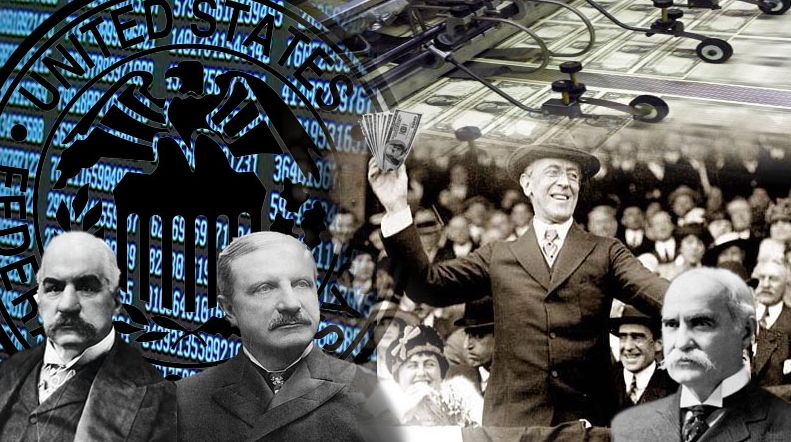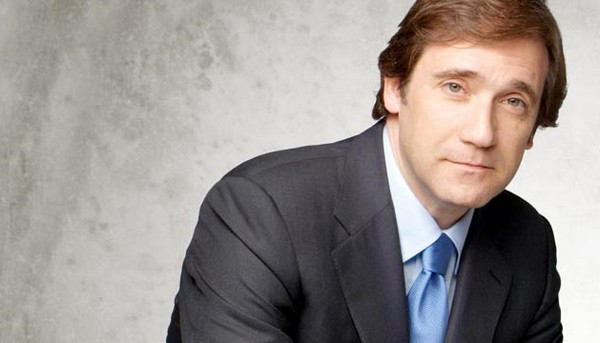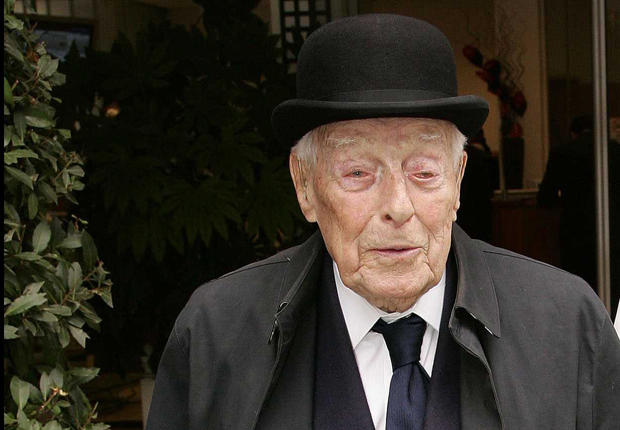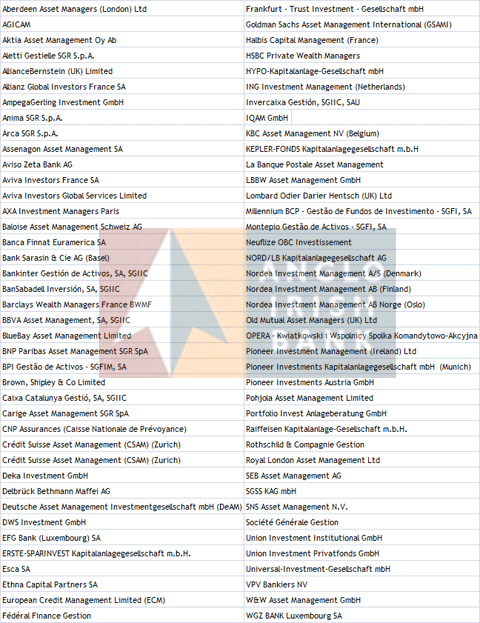
Scroll down for VIDEO...
---
Guest post submitted by Michael Snyder who blogs at:
Today, most American students don't even understand what a central bank is, much less that the battle over central banks is one of the most important themes in U.S. history. The truth is that our nation was birthed in the midst of a conflict over taxation and the control of our money. Central banking has played a key role in nearly all of the wars that America has fought. Presidents that resisted the central bankers were shot, while others shamefully caved in to their demands. Our current central bank is called the Federal Reserve and it is about as "federal" as Federal Express is. The truth is that it is a privately-owned financial institution that is designed to ensnare the U.S. government in an endlessly expanding spiral of debt from which there is no escape. The Federal Reserve caused the Great Depression and the Federal Reserve is at the core of our current economic crisis. None of these things is taught to students in America's schools today.
In 2010, young Americans are taught a sanitized version of American history that doesn't even make any sense. As with so many things, if you want to know what really happened just follow the money.
The following are 41 facts about the history of central banks in the United States that every American should know....
#1 As a result of the Seven Years War with France, King George III of England was deeply in debt to the central bankers of England.
#2 In an attempt to raise revenue, King George tried to heavily tax the colonies in America.
#3 ---Correction--- The following quote, supposedly from Benjamin Franklin in 1763, was quoted in Money and Men by Robert McCann Rice in 1941 but it has not been found in any previous source to this point. So is it really from Franklin? In any event, it does accurately describe the conditions of the day....
"That is simple. In the colonies we issue our own money. It is called Colonial Script. We issue it in proper proportion to the demands of trade and industry to make the products pass easily from the producers to the consumers.
In this manner, creating for ourselves our own paper money, we control its purchasing power, and we have no interest to pay to no one."
#4 The Currency Act of 1764 ordered the American Colonists to stop issuing legal tender. Colonial script (the money the colonists were using at the time) was to be exchanged at a two-to-one ratio for "notes" from the Bank of England.
#5 ---Correction--- There is debate over whether or not Benjamin Franklin was the original source of the following quote....
"In one year, the conditions were so reversed that the era of prosperity ended, and a depression set in, to such an extent that the streets of the Colonies were filled with unemployed."
#6 ---Correction--- When asked why the American colonies had lost respect for Parliament, Benjamin Franklin responded with the following quote....
"To a concurrence of causes: the restraints lately laid on their trade, by which the bringing of foreign gold and silver into the Colonies was prevented; the prohibition of making paper money among themselves, and then demanding a new and heavy tax by stamps; taking away, at the same time, trials by juries, and refusing to receive and hear their humble petitions."
#7 Gouverneur Morris, one of the authors of the U.S. Constitution, solemnly warned us in 1787 that we must not allow the bankers to enslave us....
"The rich will strive to establish their dominion and enslave the rest. They always did. They always will... They will have the same effect here as elsewhere, if we do not, by (the power of) government, keep them in their proper spheres."
#8 Unfortunately, those warning us about the dangers of a central bank did not prevail. After an aborted attempt to establish a central bank in the 1780s, the First Bank of the United States was established in 1791. Alexander Hamilton (who had close ties to the Rothschild banking family) cut a deal under which he would support the move of the nation's capital to Washington D.C. in exchange for southern support for the establishment of a central bank.
#9 George Washington signed the bill creating the First Bank of the United States on April 25, 1791. It was given a 20 year charter.
#10 In the first five years of the First Bank of the United States, the U.S. government borrowed 8.2 million dollars and prices rose by 72 percent.
#11 The opponents of central banking were not pleased. In 1798, Thomas Jefferson said the following....
"I wish it were possible to obtain a single amendment to our Constitution - taking from the federal government their power of borrowing."
#12 In 1811, the charter of the First Bank of the United States was not renewed.
#13 One year later, the War of 1812 erupted. The British and the Americans were at war once again.
#14 In 1814, the British captured and burned Washington D.C., but the Americans subsequently experienced key victories at New York and at New Orleans.
#15 The Treaty of Ghent, officially ending the war, was ratified by the U.S. Senate on February 16th, 1815 and was ratified by the British on February 18th, 1815.
#16 In 1816, another central bank was created. The Second Bank of the United States was established and was given a 20 year charter.
#17 Andrew Jackson, who became president in 1828, was determined to end the power of the central bankers over the United States.
#18 In fact, in 1832, Andrew Jackson's re-election slogan was "JACKSON and NO BANK!"
#19 On July 10th, 1832 President Jackson said the following about the danger of a central bank....
"It is not our own citizens only who are to receive the bounty of our government. More than eight millions of the stock of this bank are held by foreigners... is there no danger to our liberty and independence in a bank that in its nature has so little to bind it to our country? ... Controlling our currency, receiving our public moneys, and holding thousands of our citizens in dependence... would be more formidable and dangerous than a military power of the enemy."
#20 In 1835, President Jackson completely paid off the U.S. national debt. He is the only U.S. president that has ever been able to accomplish this.
#21 President Jackson vetoed the attempt to renew the charter of the Second Bank of the United States in 1836.
#22 Richard Lawrence attempted to shoot Andrew Jackson, but he survived. It is alleged that Lawrence said that "wealthy people in Europe" had put him up to it.
#23 The Civil War was another opportunity for the central bankers of Europe to get their hooks into America. In fact, it is claimed that Abraham Lincoln actually contacted Rothschild banking interests in Europe in an attempt to finance the war effort. Reportedly, the Rothschilds were demanding very high interest rates and Lincoln balked at paying them.
#24 Instead, Lincoln pushed through the Legal Tender Act of 1862. Under that act, the U.S. government issued $449,338,902 of debt-free money.
#25 This debt-free money was known as "Greenbacks" because of the green ink that was used.
#26 ---Correction--- The following quote is claimed to have appeared in the London Times in 1865, but many historians dispute whether it is actually real or not....
"If this mischievous financial policy, which has its origin in North America, shall become endurated down to a fixture, then that Government will furnish its own money without cost. It will pay off debts and be without debt. It will have all the money necessary to carry on its commerce. It will become prosperous without precedent in the history of the world. The brains, and wealth of all countries will go to North America. That country must be destroyed or it will destroy every monarchy on the globe."
#27 Abraham Lincoln was shot dead by John Wilkes Booth on April 14th, 1865.
#28 After the Civil War, all money in the United States was created by bankers buying U.S. government bonds in exchange for bank notes.
#29 ---Correction--- How President James A. Garfield really felt about the international bankers is a matter of legitimate historical debate. The quote from the original article has not been fully documented.
#30 President Garfield was shot about two weeks later by Charles J. Guiteau on July 2nd, 1881. He died from medical complications on September 19th, 1881.
#31 In 1906, the U.S. stock market was setting all kinds of records. However, in March 1907 the U.S. stock market absolutely crashed. It is alleged that elite New York bankers were responsible.
#32 In addition, in 1907 J.P. Morgan circulated rumors that a major New York bank had gone bankrupt. This caused a massive run on the banks. In turn, the banks started recalling all of their loans. The panic of 1907 resulted in a congressional investigation that ended up concluding that a central bank was "necessary" so that these kinds of panics would never happen again.
#33 It took a few years, but the international bankers finally got their central bank in 1913.
#34 ---Correction--- The U.S. House of Representatives voted on the Federal Reserve Act on December 22nd, 1913 and the U.S. Senate voted on the Federal Reserve Act the following day on December 23rd, 1913.
#35 A significant portion of Congress was either sleeping at the time or was already at home with their families celebrating the holidays.
#36 ---Correction--- The correct version of the quote about our system of credit from President Woodrow Wilson is posted below....
A great industrial nation is controlled by its system of credit. Our system of credit is privately concentrated. The growth of the nation, therefore, and all our activities are in the hands of a few men who, even if their action be honest and intended for the public interest, are necessarily concentrated upon the great undertakings in which their own money is involved and who necessarily, by very reason of their own limitations, chill and check and destroy genuine economic freedom. This is the greatest question of all, and to this statesmen must address themselves with an earnest determination to serve the long future and the true liberties of men.
There is debate about whether or not Woodrow Wilson ever truly regretted allowing the Federal Reserve to be created, but hopefully most of us can agree that he should have regretted it.
#37 Between 1921 and 1929 the Federal Reserve increased the U.S. money supply by 62 percent. This was the time known as "The Roaring 20s".
#38 In addition, highly leveraged "margin loans" became very common during this time period.
#39 In October 1929, the New York bankers started calling in these margin loans on a massive scale. This created the initial crash that launched the Great Depression.
#40 Rather than expand the money supply in response to this crisis, the Federal Reserve really tightened it up.
#41 In fact, it was reported the the U.S. money supply contracted by eight billion dollars between 1929 and 1933. That was an extraordinary amount of money in those days. Over one-third of all U.S. banks went bankrupt. The New York bankers were able to buy up other banks and all kinds of other assets for pennies on the dollar.
---
#
---




